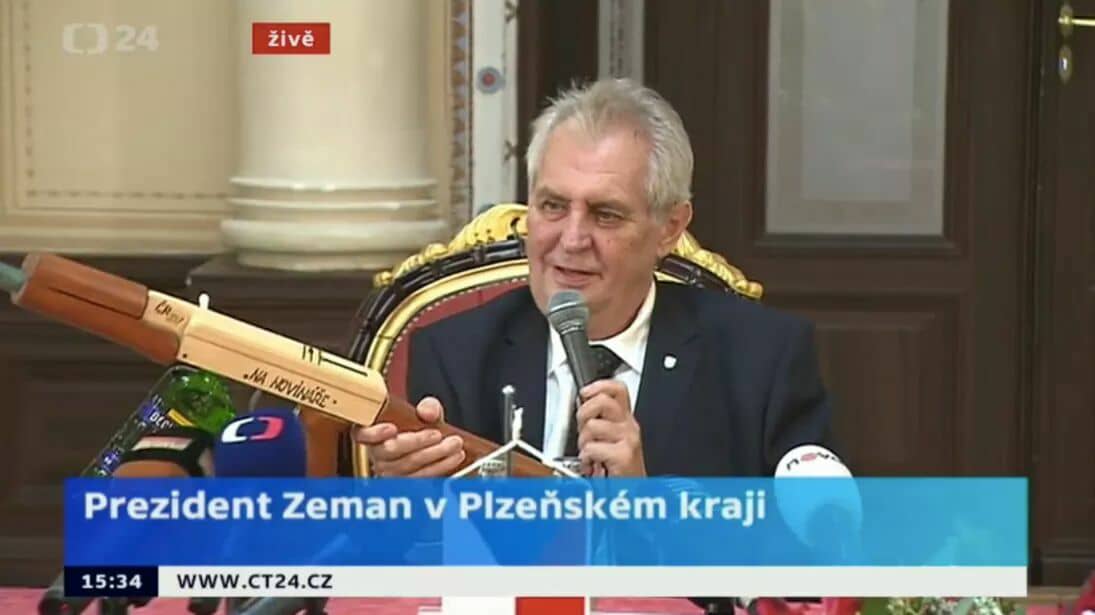 In his latest blog on the new ethics of journalism, George Pitcher asks what is behind the trend for broadcast journalists to shout questions at politicians when there’s no chance of getting an answer.
In his latest blog on the new ethics of journalism, George Pitcher asks what is behind the trend for broadcast journalists to shout questions at politicians when there’s no chance of getting an answer.
Why do UK political broadcast reporters shout questions at senior politicians as they arrive at public buildings such as Number 10, leave their homes in the morning or outside events like public inquiries?
“Are you going to resign, minister?” or “Isn’t it all a shambles, secretary of state?” These are not real attempts to start an interview or to garner information. They receive no response and they expect none. They are purely rhetorical. The joke among press journalists is that, in an age of savage newsroom cuts, they are simply indicating to their producers back in the studio that they are still there.
Why do they do it? One answer has to be that it’s a version of virtue-signalling. The journalist is indicating to her viewers not just that she is there, but that she is asking the questions that demand to be asked, articulating the question of the nation and speaking on its behalf, holding those on the other side of the security fence to account on behalf of the demos on this side of it. It is a sign of being bold, fearless and direct.
If it is virtue as an ethic that is being signalled – as defined by Greek classical philosophers such as Aristotle – then we might consider that the shouty journalist is displaying virtues such as fortitude and a sense of justice (though probably not temperance, meaning moderation in everything).
Hunting with the pack
But there is something tribal going on too. The reporter is part of a pack and it is hunting. She expects no morsel to be thrown her way, but she is going to give herself prime advantage over the rest of the press pack by making her voice heard. It’s not really that she wants, or expects, the attention of the prize marching past, more that she needs to indicate to her viewers that she is a leader of the pack, one of its hungriest and fittest for the task of winning the first chunk, or more literally the first soundbite.
It is also another manifestation of citizen journalism. In a digital world in which so many voices can be heard with equal clarity, here is a psychology in which the mainstream reporter wants their voice alone heard over the cacophony of social media. In that, it’s a declaration of identity, a cry of who I am in the media tribe, a claim to individuality and a justification of professional existence. To paraphrase Martin Luther, here I am (we say), I can do no other.
But it is also raucous. It’s the cry of the mob. We are the people and you are the powerful, it says. But we are at your gates. We’re here at your going into the temples of power and we’ll be here when you come out. You cannot ignore us forever.
In that sense – and probably as another symptom of the great leveller that has been the internet – it’s about as far from deferential as it’s possible to be. Time was (pre-1960s) when the ingratiating BBC reporter (for it would only be the BBC) would present himself (and it would always be himself) by pre-arranged time and place and, stooping slightly in obeisance, intone: “Do you have a message for the nation, Prime Minister?”
Age of deference
At least as much has happened to social mores as to the means of journalistic production since then. The age of deference is long gone – just look at how the Royal Family has let the media light in to enhance rather than dispel what the Victorian constitutionalist Walter Bagehot called its “magic”.
If we were to play the rather artificial game of picking a year when everything changed, we’d probably choose 1968 – the year of the Vietnam demonstrations, the Paris student riots and the Beatles’ White Album. But that was exactly half a century ago (and exactly this month in the case of the White Album) and, while no reporter has physically bowed before politicians for a very long time, it’s also taken an unconscionably long time for broadcasters out in the field to become as spiky, as populist and as gesture-driven as this new behaviourial characteristic suggests.
It’s complicated. Or perhaps it’s very simple – it’s just a fashion. Somebody started shouting questions at MPs and now everyone’s doing it, because otherwise they wouldn’t be doing their job. Or, rather, being seen to do their job.
Or, again perhaps, there’s something else going on here, something subconscious, but Darwinian in the sense that a selfish journalistic gene is competing for supremacy. Is it possible that the “being there” imperative is more than simply that joke about keeping the job? Is it perhaps possible that these shouted questions are a demand for the rest of us to witness that journalism is being done here, that it’s important that these questions are always asked even – especially – when there’s not a hope of getting an answer?
Maybe it’s gesture politics for journalists, something that has no inherent worth in itself, but something that points to a bigger truth – that says we’re still here and we’re not going away, especially important in a world where journalism is debased by the idea that anyone can be a journalist, or that – to paraphrase Warhol – everyone will be a journalist for 15 minutes. If that is so, these voices crying in the media wilderness may yet affirm that journalism’s funeral has been called too early.
George Pitcher advises Dow Jones, publisher of the Wall Street Journal, on ethics and the future of journalism and is a Visiting Fellow at LSE. He formerly held senior editorial positions at The Observer and the Daily Telegraph. @GeorgePitcher
Views expressed are the author’s and do not necessarily reflect those of Dow Jones or the LSE.






